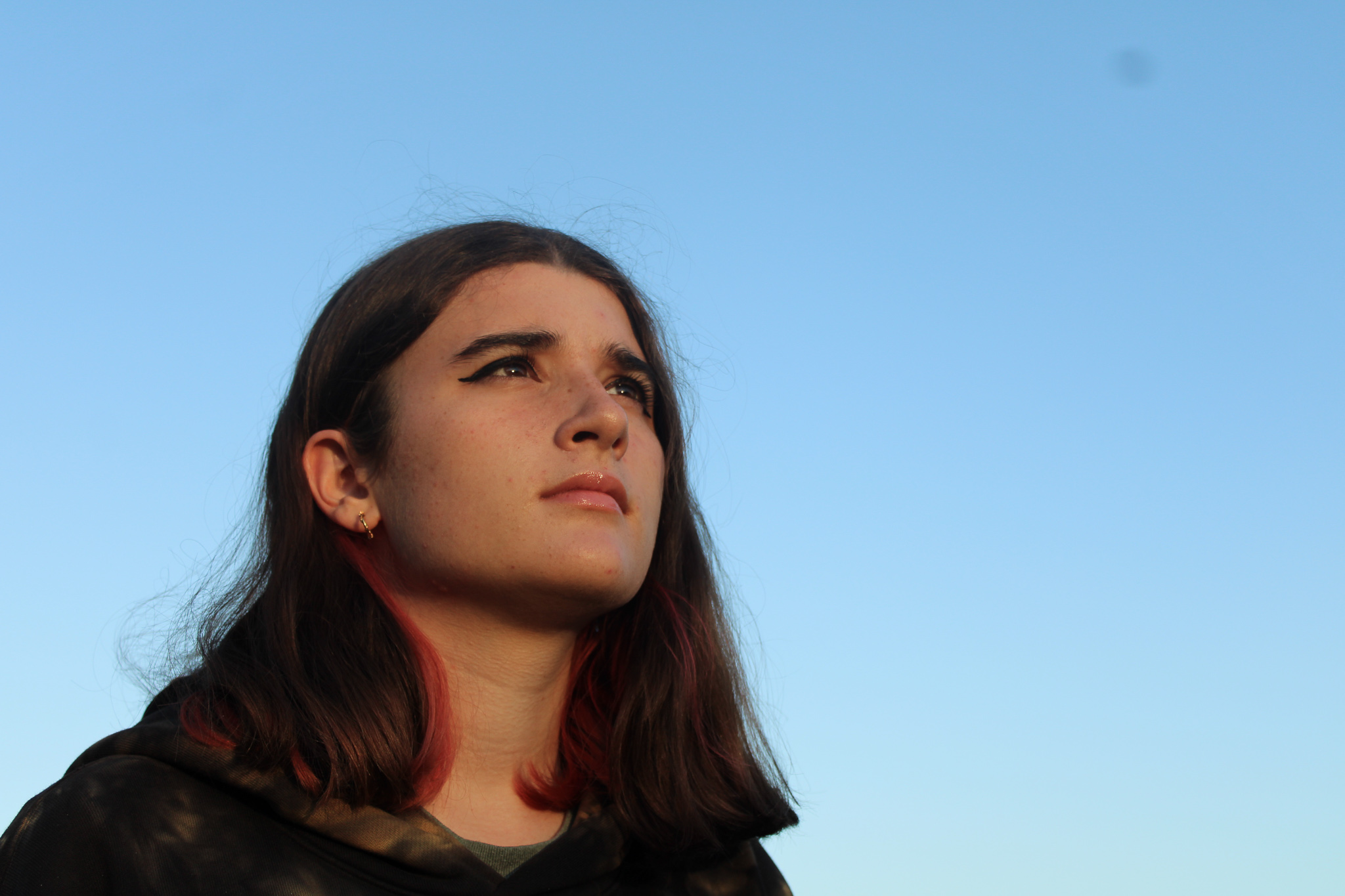Josie Jones has been playing video games for as long as she can remember.
But as a woman gamer, Jones said she sometimes experiences sexism and harassment online, especially on the game Valorant. The harassment has gotten to a point where Jones doesn’t like talking online because she’s faced insults and misogynistic slurs.
“It can get really difficult to deal with,” the freshman public policy major at the University of Maryland said. “It takes the fun out of the game.”
It’s a phenomenon that woman gamers at this university say is all too common. They say their more feminine-sounding voices make them easy targets for harassment — and some have had to change how they act.
Not only does Jones refrain from talking online to prevent being harassed, but she doesn’t like playing online with people she doesn’t know.
“Say someone says something really nasty. It’s like, now I have to focus on my energy and not letting that get to me, rather than focusing on the game and having fun,” Jones said.
Rachel Choi, a freshman chemistry major, said she has faced a lot of hostility.
Choi said she would go through periods of not playing a game at all because occasionally she would have bad experiences talking online. She feels safer playing games that don’t require using her voice, because no one knows she is a woman.
[UMD MATRIX lab explores research projects in its inaugural year]
Choi also said she doesn’t like telling others she is a woman, because she’s scared that they’ll judge her for not being good and she’ll fall into the stereotype of women being bad at games.
About 40 to 45 percent of gamers are women, according to Nathaniel Stevens, a professor at this university who has created and taught courses that have consisted of video game history and diversity at institutions including the University of Kentucky. He said the woman demographic is very important to the gaming industry, as games like Pac-Man and Tetris would have not thrived if it wasn’t for women.
A lot of the industry isn’t a safe space for women due to the sexual harassment that happens in the men-dominated gaming offices, discouraging them further, Stevens said. For example, women have filed several gender discrimination lawsuits against Activision Blizzard over the past few years, alleging they were sexually harassed and treated unfairly.
“Women are looked at differently,” Stevens said, adding that they are not encouraged to become professionally involved with video games or study in a relatable topic such as programming.
Students said gaming companies should take action against online gender discrimination and harassment.
“[They should take] those complaints seriously,” Marianeli De Leon, a journalism graduate student who plays a lot of games in private groups, said, adding that women might report on the harassment they face while playing, but it often doesn’t result in any consequences like permanent bans.
Woman protagonists in video games sometimes represent women in an inaccurate way as well, students and faculty said.
[‘Temple to public service’: UMD community gathers for public policy building dedication]
Characters like Core Design’s Lara Croft in Tomb Raider and Mortal Kombat’s Kitana are examples of gaming companies catering to men, Stevens said. Unrealistic women characters perpetuate wrong stereotypes, which influence many younger men’s perspectives on women.
“They [might] think women act and dress that way all the time,” Stevens said.
Esports at the University of Maryland, a program that organizes students to competitively play in teams, is trying to remove the stigma that the community has with woman players and make sure women feel accepted.
Eighty percent of the student staff in the program are women, according to Sergio Brack, the director of Esports at this university. He said seeing women in positions of power is important to combat sexism in the gaming industry.
One of Brack’s main goals is to teach women players the necessary skills to get a career in Esports if they choose to do so when they graduate.
Students said they feel accepted in the group.
“The Esports community is very accepting,” Jones said. “[Brack] has been really great, especially trying to bring diversity…I hope a lot of other places also do that as well.”



